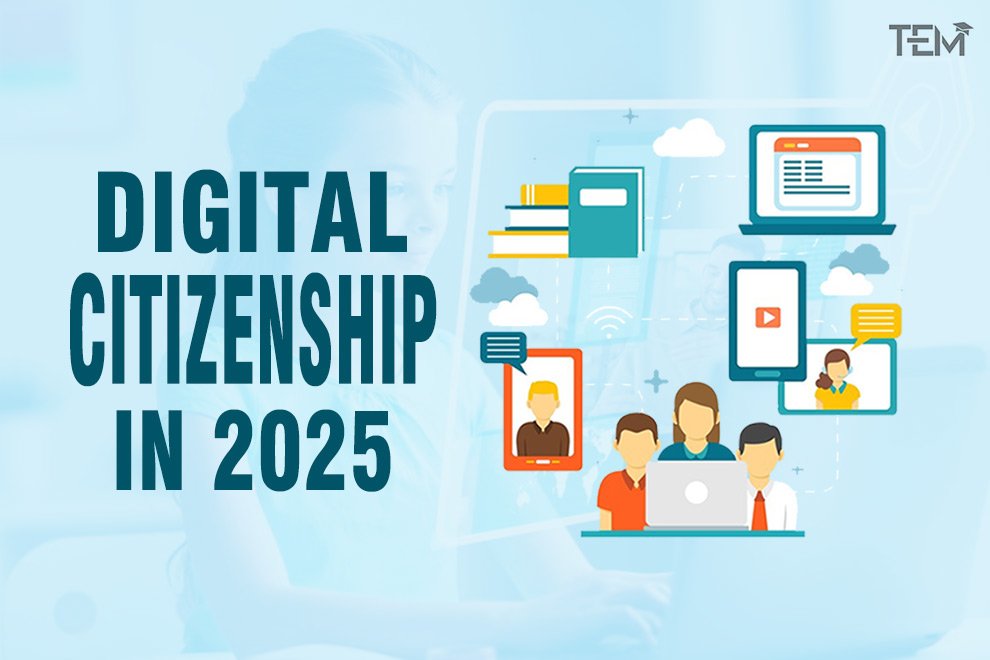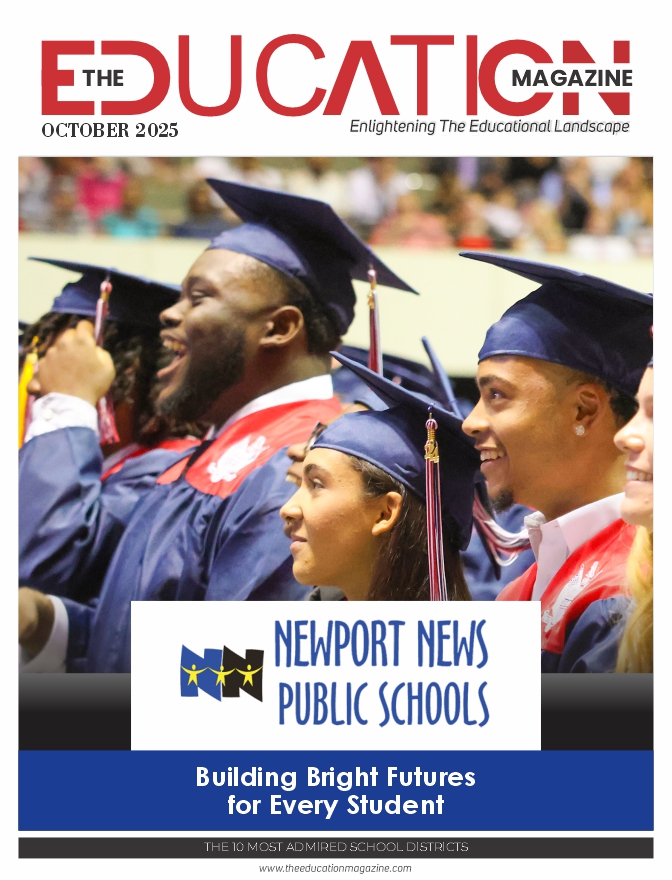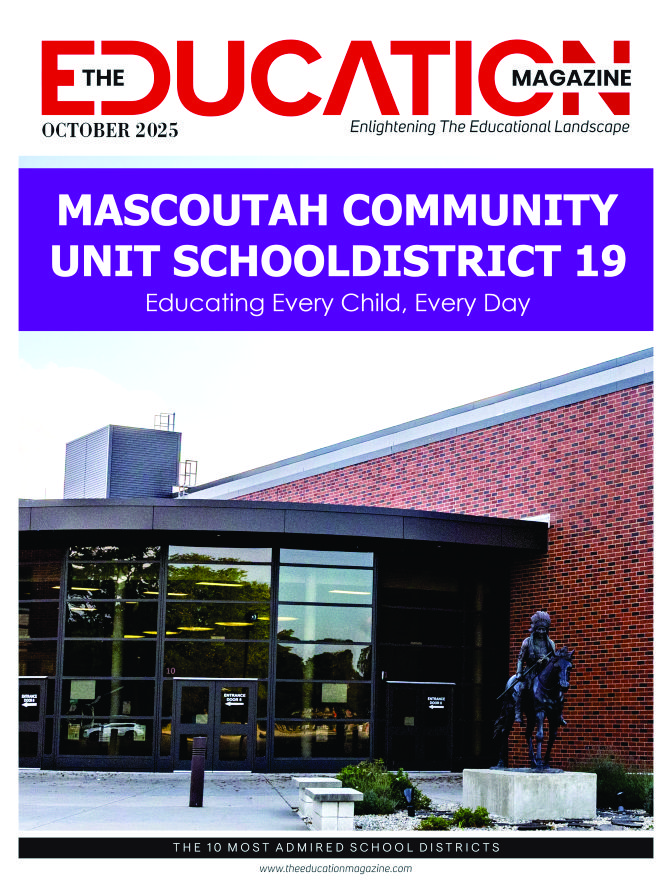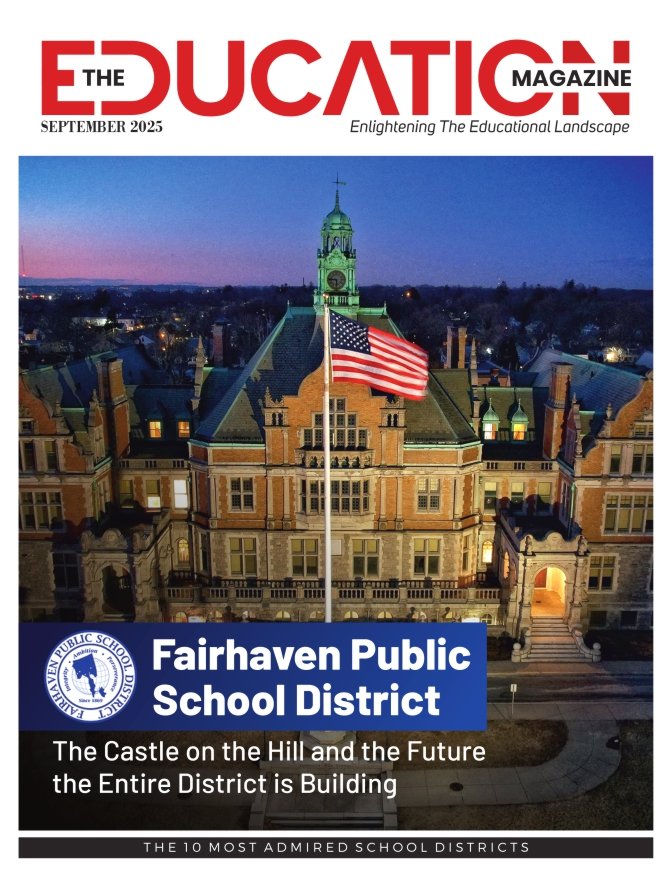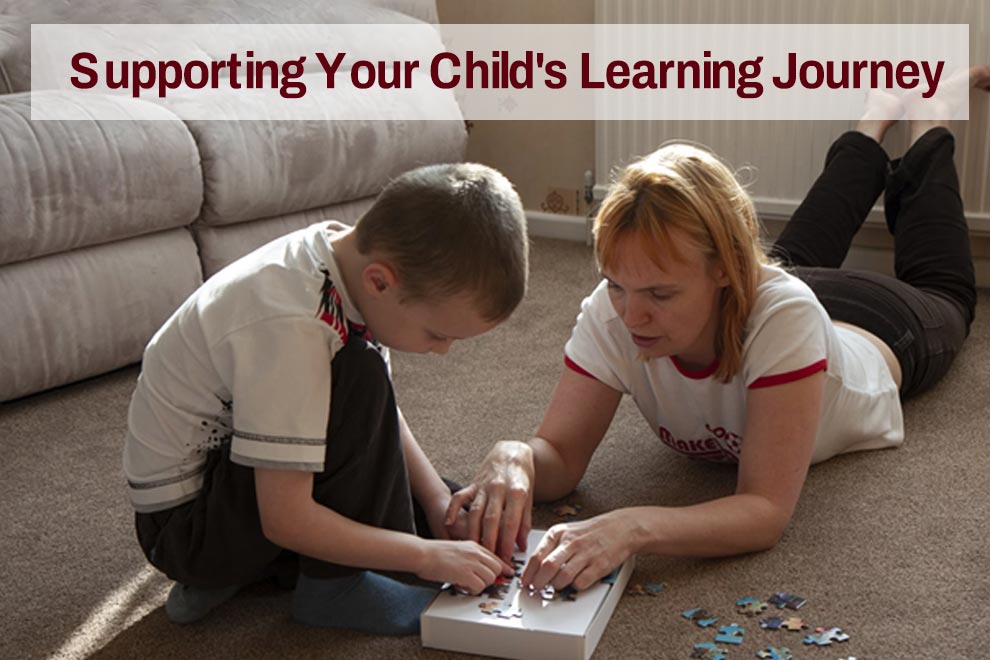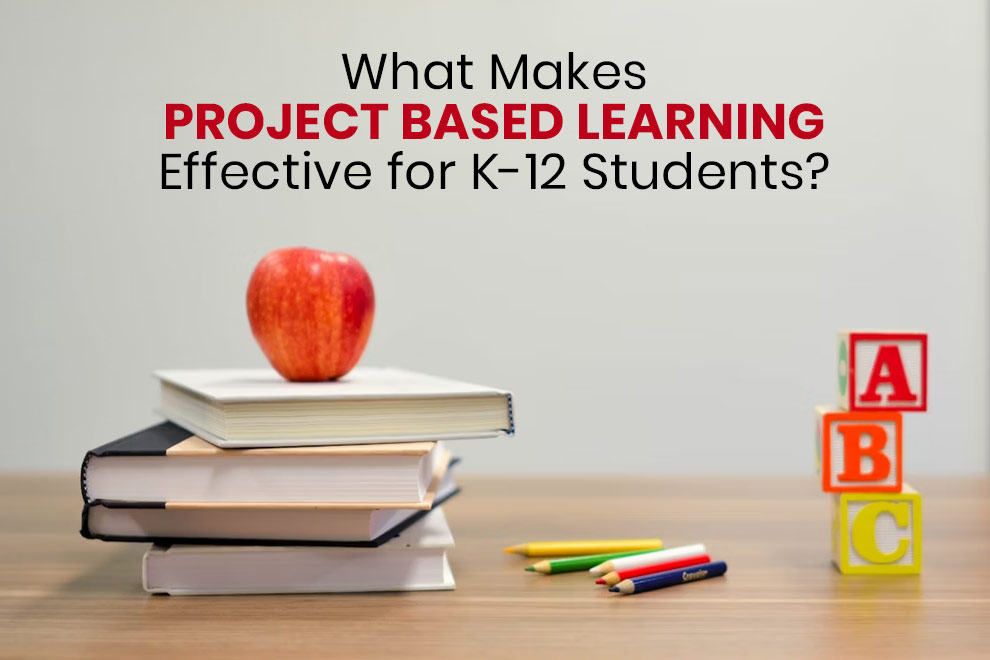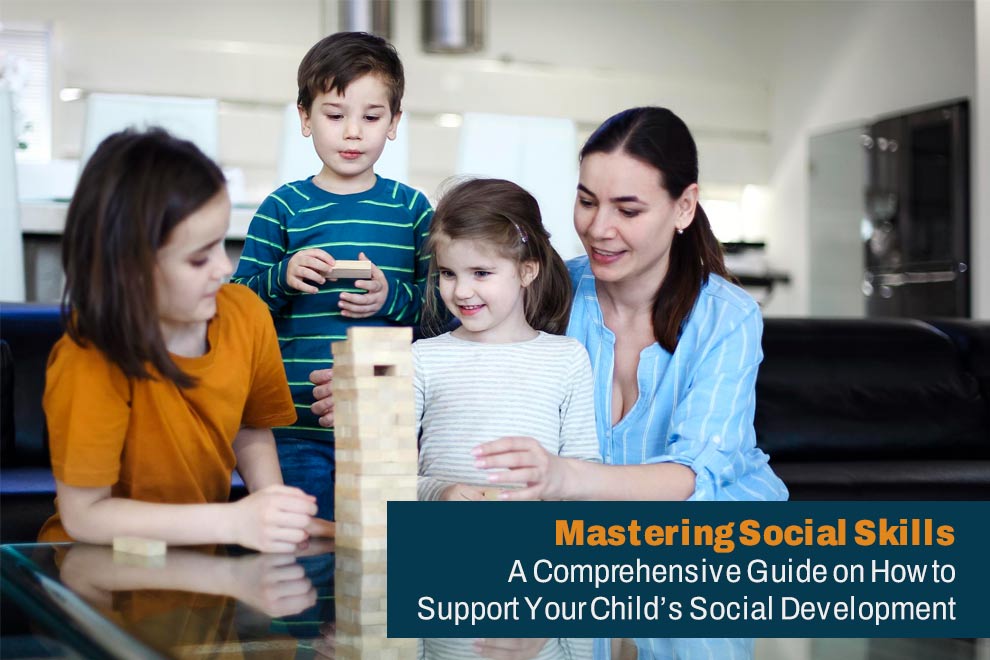In 2025, the digital world is no longer separate from our real lives—it is our real life. Whether you’re attending virtual classrooms, collaborating with AI-powered teammates, or posting on social media, your digital actions shape your identity, community, and even the global landscape. That’s why understanding Digital Citizenship is more essential than ever.
But what does Digital Citizenship mean today? Let’s break it down.
What Is Digital Citizenship?
At its core, Digital Citizenship means using technology thoughtfully, responsibly, and ethically. It’s not just about avoiding risky websites or staying off your phone during class—it’s about:
- Protecting your privacy and identity
- Communicating respectfully online
- Evaluating digital content critically
- Contributing to a positive online environment
- Navigating technology with integrity and empathy
And in 2025, it also includes your interaction with:
- Artificial Intelligence (AI)
- Virtual and earch Results for: Virtual Reality
Extended Reality (VR/AR) - Blockchain and data systems
- Smart devices and biometric tech
Being a digital citizen means being aware of these tools, understanding their impact, and using them wisely.
Why Does It Matter More in 2025?
With AI chatbots writing essays, filters altering how we see the world, and personalized algorithms shaping what we believe, it’s easy to lose your voice in the noise.
Here’s why digital citizenship isn’t optional anymore:
- Deepfakes and Misinformation: Anyone can create realistic fake videos. Can you tell what’s real?
- Digital Surveillance: Even your learning apps may collect data on you.
- Mental Health Risks: Constant screen time affects sleep, mood, and focus.
- Algorithm Bias: AI isn’t neutral—it can reflect real-world discrimination.
Understanding these issues helps you take back control.
The Pillars of Digital Citizenship (R.E.P.A. Model)
The classic Respect, Educate, Protect framework now includes a 2025 update: Adaptability.
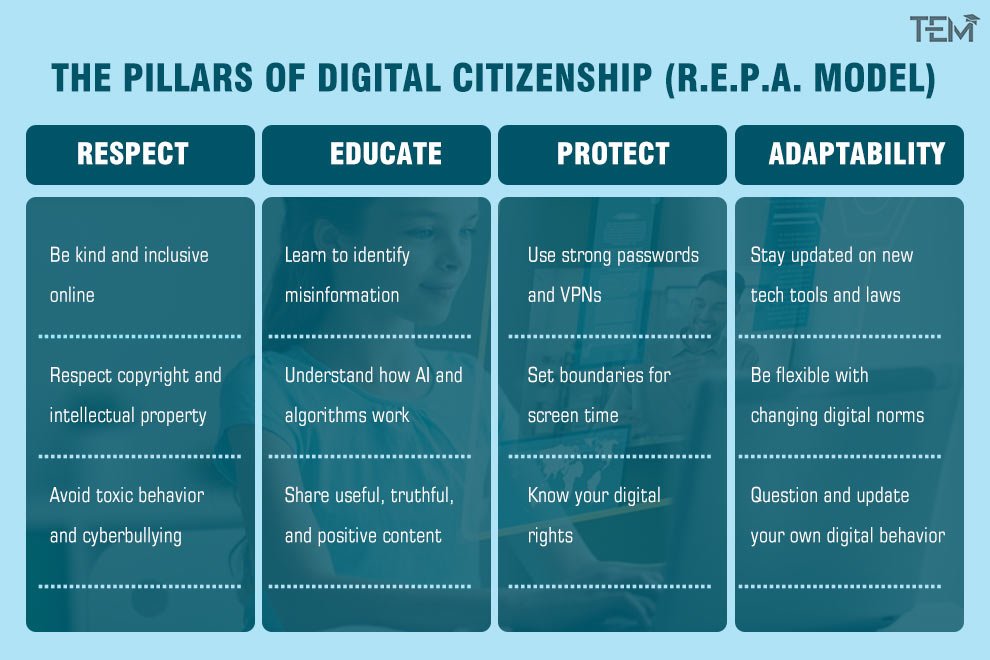
How Students Can Build Digital Citizenship Today
Here’s what students of different ages can do now:
- Elementary: Learn to ask before sharing photos, play games that teach kindness, and understand “stranger danger” online
- Middle School: Analyze YouTube or TikTok content critically, reflect on your digital footprint, and explore how social media affects emotions
- High School: Discuss the ethics of AI, debate digital privacy vs. safety, and create responsible content on platforms
And for everyone: Think before you post. Every click counts.
Digital Rights You Need to Know
Being online doesn’t mean giving up your rights. In 2025, every digital citizen deserves:
- Privacy: Know who’s collecting your data and why
- Access: Equal opportunity to use and learn from tech
- Expression: Freedom to speak—without spreading hate or lies
- Inclusion: No one should be left behind due to tech barriers
Real-Life Digital Citizenship Projects
- Design a fake news detection game or app
- Run a school digital detox challenge
- Create a video journal on your digital life
- Collaborate with a global class via Zoom or Discord
These projects don’t just build skills—they shape habits for life.
Common Misconceptions About Digital Citizenship
Many people mistakenly believe that digital citizenship is simply about being nice online, but it’s much more than that. It encompasses a broad range of responsibilities, including digital ethics, privacy awareness, media literacy, and even civic engagement in the digital space. Another common myth is that if you’re careful online, you don’t need to worry about digital citizenship.
In reality, everyone, regardless of their tech usage, plays a role in the digital ecosystem, and understanding how it works helps protect not only yourself but also others. There’s also a tendency to assume that teaching digital citizenship is solely the responsibility of teachers or parents. While guidance is important, real digital citizenship starts with individual users. It’s a personal and ongoing commitment that requires active participation and reflection every time we go online.
How to Teach (and Learn) Digital Citizenship in 2025
Educators and parents can support digital citizenship through:
- Blended Curriculum: Link it with subjects like history (media bias), science (AI ethics), and art (digital creativity).
- Gamified Learning: Use platforms like Common Sense Education or Classcraft.
- Peer-led Workshops: Students teaching students creates relatable learning.
Tools That Support Good Digital Citizenship (2025 Edition)
| Purpose | Tool/Platform |
| AI Writing Assistant | Notion AI, Grammarly Go |
| Digital Security | Proton VPN, Bitwarden |
| Ethical AI Use | Google’s AI Literacy Tools |
| Collaboration | Miro, Figma, Google Meet |
| Digital Learning | Common Sense Education, Khan Academy |
Final Thoughts: Citizenship in a Digital Democracy
Being a digital citizen isn’t about following rules—it’s about shaping the world we live in. In 2025, that world is digital, fast-moving, and constantly evolving.
The more you understand it, the more you can do with it. That’s power—and responsibility.
Digital citizenship isn’t just a subject. It’s a life skill. One we all need—now more than ever.
